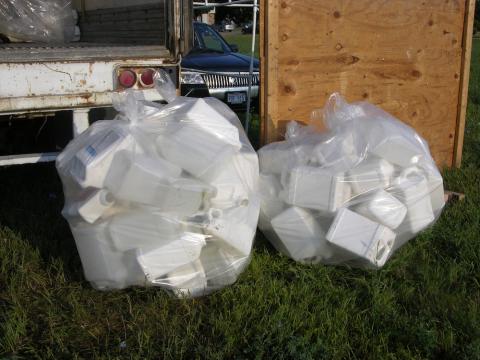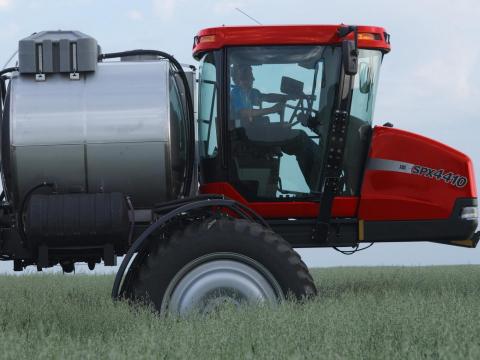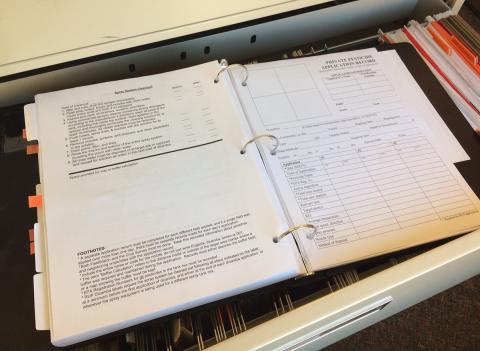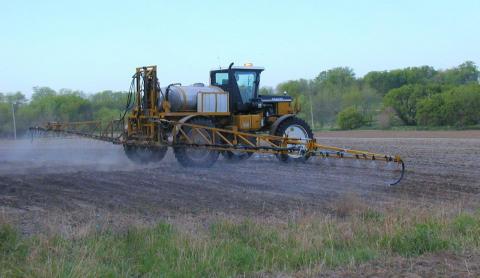Pesticide Container Recycling Continues in 2020
May 5, 2020
The plastic from recycled containers is used to make industry-approved products such as pallets, drain tile, underground utility conduit, landscape edging, and nursery pots. Instead of adding them to a landfill, consider recycling your containers this year.
Applying Pesticides Safely
December 9, 2019
The world of pesticides is continually evolving. In spite of this, there are many basic principles that commercial and noncommercial applicators should always follow when handling or using pesticides.
Easy-to-Use Pesticide Recordkeeping Resources
April 10, 2019
Keeping detailed pesticide application records can aid in decision-making throughout the season and from year-to-year, as well as meet government requirements. Forms are available online.
Applying Pesticides Safely
January 7, 2019
The world of pesticides is continually evolving. In spite of this, there are many basic principles that commercial and noncommercial applicators should always follow when handling or using pesticides.
Think Your Sprayer's Clean? Think Again
June 6, 2018
A 120-foot sprayer can have as many as 96 nozzles and screens and stow away as much as 15 gallons of pesticide residue in its nooks and crannies after an application is done. Consider these tips for thoroughly cleaning your sprayer to avoid off-target contamination.
Applying Pesticides Safely
January 8, 2018
The world of pesticides is continually evolving; however, many basic principles of pesticide use for commercial and noncommercial applicators remain the same. It is vital to become familiar with how a product should be properly applied by reading and following its label. Listed here are some basic steps and a number of Nebraska Extension resources for further information. An article from the Proceedings of the 2018 Nebraska Extension Crop Production Clinics.




